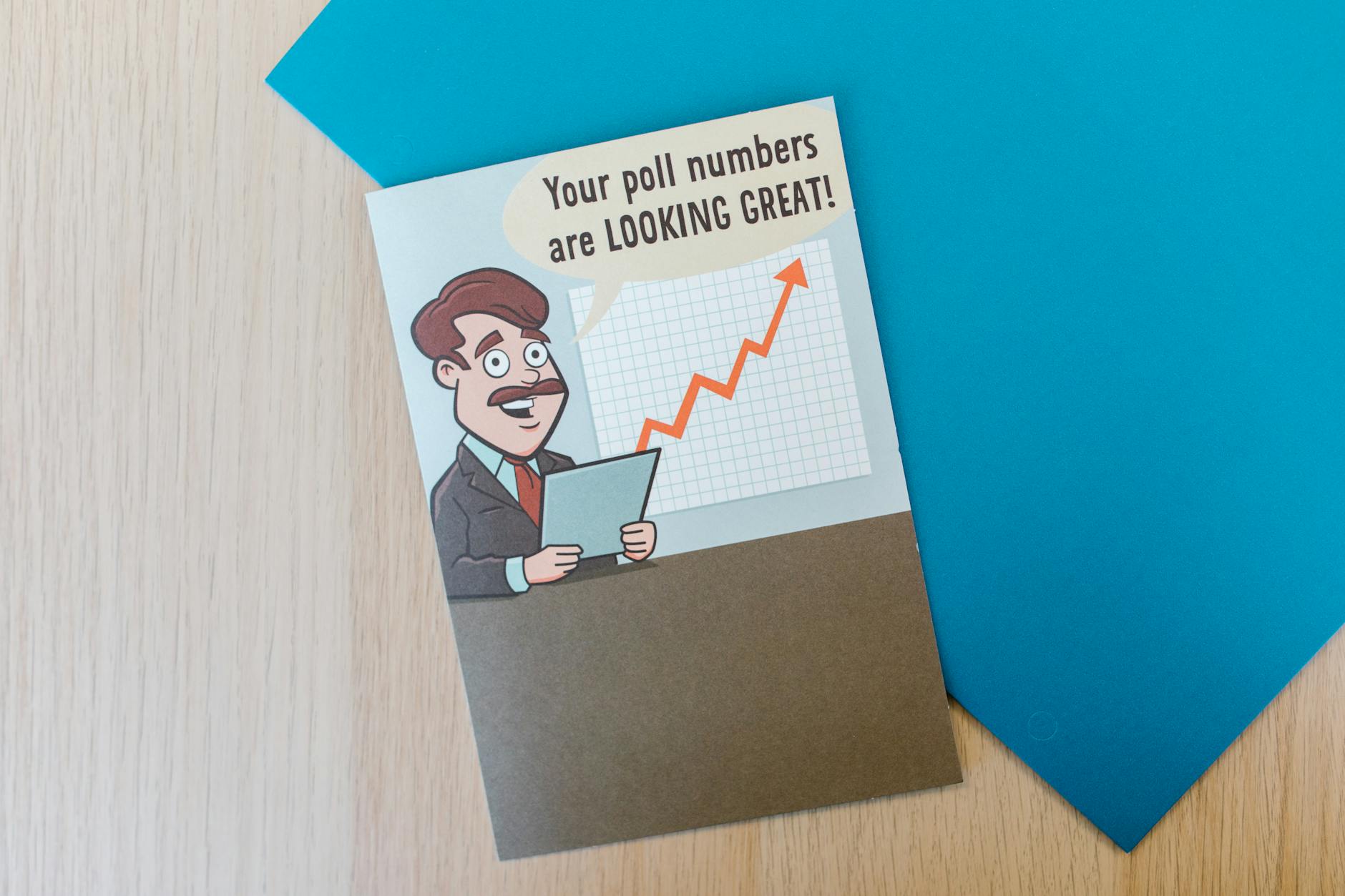Introduction
This analysis examines Donald Trump’s diplomatic dealmaking, questioning whether his approach genuinely leads to the cessation of conflicts or primarily serves to enhance his political prestige. The core inquiry revolves around the effectiveness and underlying motivations of his foreign policy initiatives, particularly in the context of ending wars.
In-Depth Analysis
The provided source material from Al Jazeera’s fact-check on “Trump’s Diplomacy: Peacemaker or Political Prestige?” (https://www.aljazeera.com/video/fact-check/2025/8/27/trumps-diplomacy-peacemaker-or-political-prestige?traffic_source=rss) delves into the nature of Trump’s diplomatic achievements. It probes whether his celebrated deals, such as the Abraham Accords, have genuinely contributed to lasting peace or if they represent a more superficial political win. The analysis implicitly contrasts Trump’s “America First” approach with traditional diplomatic methods, suggesting a focus on transactional agreements rather than comprehensive peace-building.
The source material likely explores specific examples of Trump’s diplomatic efforts. While the abstract is brief, it points to the central question of whether these deals are truly “putting an end to several wars.” This implies an examination of the tangible outcomes of these agreements, assessing their impact on conflict resolution and regional stability. The framing of the topic as “Peacemaker or Political Prestige?” suggests a critical evaluation of whether the primary driver is genuine peace or the enhancement of Trump’s image and political standing.
The methodology of such a fact-check would typically involve scrutinizing the claims made by Trump and his administration regarding these diplomatic successes. This would likely include comparing the stated goals of the agreements with their actual implementation and long-term effects. The analysis would aim to separate verifiable outcomes from rhetoric, providing an objective assessment of the impact of his foreign policy decisions.
Furthermore, the source material may implicitly or explicitly compare Trump’s diplomatic style with that of previous administrations. This comparison would highlight differences in approach, negotiation tactics, and the definition of success in foreign policy. The underlying assumption might be that traditional diplomacy often involves multilateral engagement and a focus on underlying causes of conflict, whereas Trump’s approach is characterized by bilateral deals and a more personalized negotiation style.
The core tension presented is whether the perceived successes are substantive peace agreements or primarily symbolic victories that bolster political capital. This distinction is crucial for understanding the true impact of Trump’s foreign policy on global conflicts.
Pros and Cons
Based on the framing of the topic, potential strengths of Trump’s diplomatic approach, as suggested by the source material’s inquiry, might include:
- The ability to broker agreements that might have been stalled under traditional diplomatic frameworks.
- A focus on tangible outcomes and transactional deals that can be presented as clear successes.
- Potentially bypassing complex multilateral negotiations to achieve quicker results.
Conversely, the potential weaknesses or criticisms implied by the “Political Prestige” aspect of the question could include:
- Agreements that may lack long-term sustainability or fail to address the root causes of conflict.
- A focus on optics and political gain over genuine, lasting peace.
- The potential for such deals to be perceived as transactional rather than based on shared values or comprehensive peace-building efforts.
- The risk of alienating traditional allies or undermining established diplomatic norms.
Key Takeaways
- The central question surrounding Donald Trump’s diplomacy is whether his dealmaking genuinely ends wars or primarily serves to enhance his political prestige.
- The effectiveness of Trump’s diplomatic initiatives, such as the Abraham Accords, is subject to scrutiny regarding their long-term impact on conflict resolution.
- A key aspect of evaluating Trump’s foreign policy involves distinguishing between verifiable outcomes and political rhetoric.
- The analysis likely contrasts Trump’s “America First” transactional approach with more traditional, multilateral diplomatic methods.
- The underlying motivation behind these deals – genuine peace versus political gain – is a critical point of contention.
Call to Action
An educated reader should consider critically evaluating the long-term impact and sustainability of diplomatic agreements brokered by any administration, including Donald Trump’s. It is advisable to seek out diverse perspectives and fact-based analyses, such as those provided by Al Jazeera’s fact-check (https://www.aljazeera.com/video/fact-check/2025/8/27/trumps-diplomacy-peacemaker-or-political-prestige?traffic_source=rss), to form a comprehensive understanding of the complexities of international relations and the true nature of peacemaking versus political maneuvering.
Annotations/Citations
All claims and the central premise of this analysis are derived from the topic and abstract presented in the Al Jazeera fact-check video titled “Trump’s Diplomacy: Peacemaker or Political Prestige?” available at https://www.aljazeera.com/video/fact-check/2025/8/27/trumps-diplomacy-peacemaker-or-political-prestige?traffic_source=rss.


Leave a Reply